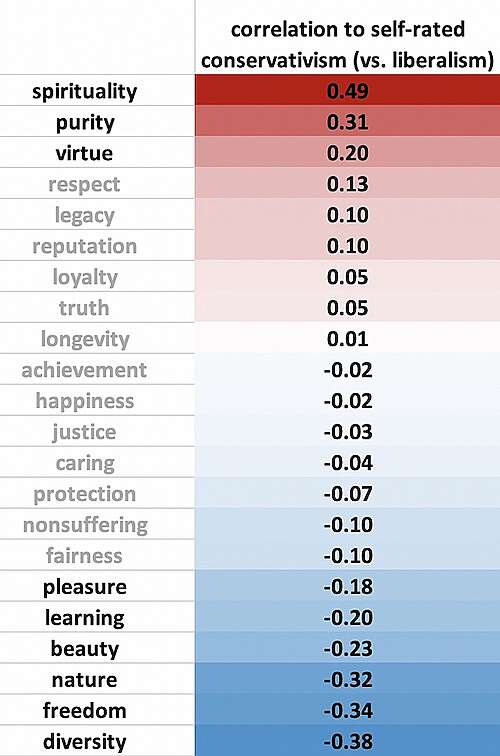Misusing morality
Amoral is a word that I started to deeply dislike lately.
People say it all the time. We use it to describe the jerk who jumps the line, the political candidate we haven’t voted for, or our friend’s friend who’s doing something we would never do. When someone doesn’t act according to our own set of values, we label them amoral. Valueless.
The problem with this line of thinking is that it assumes our own morality is the only set of values a person should live by. So when someone deviates from our inner ruleset, we assume they don’t have a ruleset at all. They must be valueless. Amoral.
When I was in med school, one of my favorite classes was Bioethics 101. In one seminar, our teacher introduced us to metaethics—the science of thinking about ethics itself. One of the thorniest problems in metaethics is ranking the different sets of values. Is hedonism more ethical than stoicism? Are you a better person if wealth is your top value or if it’s autonomy?
See, the problem with thinking about different ethics is that you can’t escape your own. You can’t decide what is good and bad, better or worse, without relying on your own set of intrinsic values. You measure everything against your morality. When it comes to ethics, there is no impartial observer or objective criteria, and therefore you simply cannot rank moralities. You have to accept that they exist on the same level, side by side.
Now you can see the problem with amoral. People you disagree with are not valueless; they simply hold different values than you. They totally agree: a good person should follow morals. They just have different ones.
In 2019, the Clearer Thinking team published a study they have conducted on 321 people in the U.S. They asked each of them how much they care about a list of intrinsic values and where they would put themselves on the political spectrum from left (progressive) to right (conservative). They correlated the intrinsic value scores to the political spectrum and saw this:

People who hold spirituality, purity, and virtue in high regard tend to lean conservative in their politics, while people who treat freedom and diversity as top values lean toward progressivism. But you know what you can’t find on this graph: amorality. There is no black hole on the chart to swallow the valueless because there is no human being without some set of values.
Don’t get me wrong, this post is not an exercise in relativism. I don’t want to discourage anyone from arguing about ethics, but I want us to argue properly and in a useful manner. The problem we have is not that our opponents live in an amoral abyss; it’s that they have different values than us, and there is precious little we know, as a society, about living with people deeply different from ourselves.
There are some great questions to tackle once you get past the insult of amorality. Are there common values we can agree on? (See the very interesting grey area in the picture above, for example.) Can you build a functioning civilization solely on those values? Is there a way to be tolerant of views without succumbing to the paradox of tolerance? How do you build a better future when you don’t agree on the definition of good?
These are useful questions. If I might suggest something, ponder them, and let amoral simply fall out of your vocabulary.
